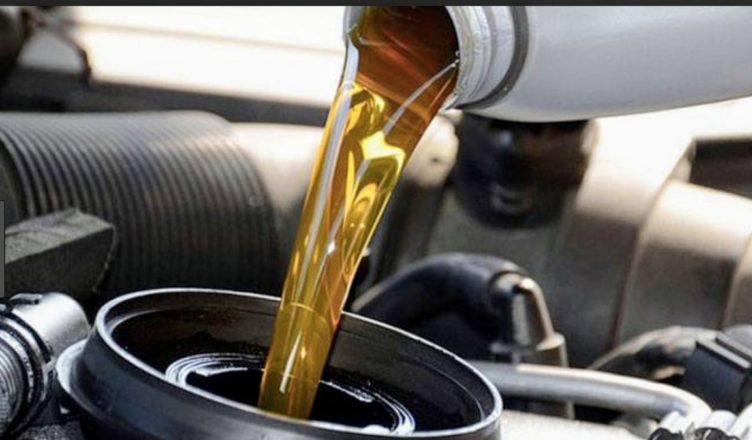When you chose motor oil, the first thing that you can note is to adhere to the OEM specification. You don’t want to adjust the degree of oil you’re using for the engine oil scooters or combine petroleum, natural or half-synthetic oils. Make sure you know what the brand or form of oil was filled in before when you supplement the oil in your scooter.
Scooters and their maintenance
Scooters usually have low maintenance, but the only thing you can think about is motor oil. You should follow the directions of the manufacturer and periodically adjust the gasoline. It may even cost a bit more to stick with a premium brand, but this is cheap long-term insurance.
We also provided a detailed description of how to read the grades for different types of oils, as the regulars will note here. The grade letters, which read around 20W50, or 5W30 suggested the viscosity or fluid power. The first statistic here corresponds to the low density of the temperature, while the higher percentage denotes the increased thickness of the weather. 10W30 engine oil has a lower viscosity than 5W40 bike engine oil, both in extreme cold and warm temperatures.
One important thing is to always track your oil changes in the engine, particularly in the Indian context for the (100-125cc) scooter segment. When you drop your scooter at the local mechanic, he will want to bring in 20 W40 oil more frequently than not, so it will be easier for him. It is important to remember that the majority of modern scooters prescribe the oil grade 10W30 for scooters. Therefore, you should insist that the nearest mechanic, or service station, places a 10W30 motor oil, or in conformity with the manufacturer’s rating.
With a motor oil of 10w30 over 20w40, the oil passes through a mechanic and at low temperatures without resistance and avoids engine failure during cold starts.
Another essential factor to remember when you purchase scooter oil is purchasing a motor oil specially built for the automatic transmission and a dry clutch on most scooters. Scooter oil is also essential to buy. Whilst JASO MA, MA1 and MA2 specification is intended for wet clutch motorcycles, and scooters need oil for their unique dry clutch set-up with JASO MB specification.
Better lubrication
The motor oil passes through all of the essential components of the motor and provides the requisite lubrication between the motor components. It forms an internal coating of sticky oil molecules. The engine parts are made of metal which must be frozen for operation. This will heat up and affect the materials. To lubricate and make them perform properly, engine oil lies at the parts. The consistency and size of the engine oils are significant. Mineral oils are irregular and have inconsistent molecular sizes that create more friction than the large synthetic oils molecules. This would prevent motorcycle slicker from within the pricey, synthetic oils investing more on.
Improves efficiency
The low-friction smooth action of the engine oil ensures that the fuel in the cylinder is best burnt. The softer the flow among the parts, the less energy is lost and the strength to be transferred. If the motor oil is used up and more friction is produced, more work is needed for power generation by the piston and crank. Slicker action ensures the crank makes power as the manufacturer conveniently defines for your motorcycle. Due to the continuous flow and viscosity of the Synthetic and Half-Synthetic motor oils, they can minimise frictional heat losses and increase fuel efficiency in the motor. Also, after constant usage in varying climatic conditions, this offers excellent fuel efficiency estimates.
Increases the life of the engine
As previously mentioned, engine parts consist of metal that must be rubbed and brushed together to operate. This will cause considerable frictional damages and wear and tear of the motor. Motor oil forms a slick coating on all of these parts which protects them from scraping and rubbing. Via better quality (semi- and completely synthetic), engine oil, the heat losses produced by the friction are minimised, thereby significantly enhancing engine life. But note, after a certain amount of miles, engine oil is old and worthless, as the maker claims. This raises friction losses and eventually begins to consume the engine components.

